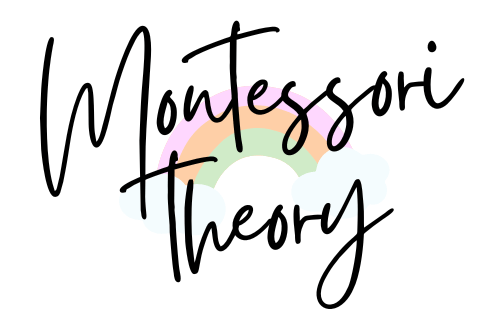Child-Led Learning
Child-led learning, a cornerstone of Montessori education, places the child at the center of their educational experience, empowering them to pursue their interests and take an active role in their learning process. This approach is predicated on the understanding that children are naturally curious and capable learners who, when given the freedom to explore, demonstrate … Read more
